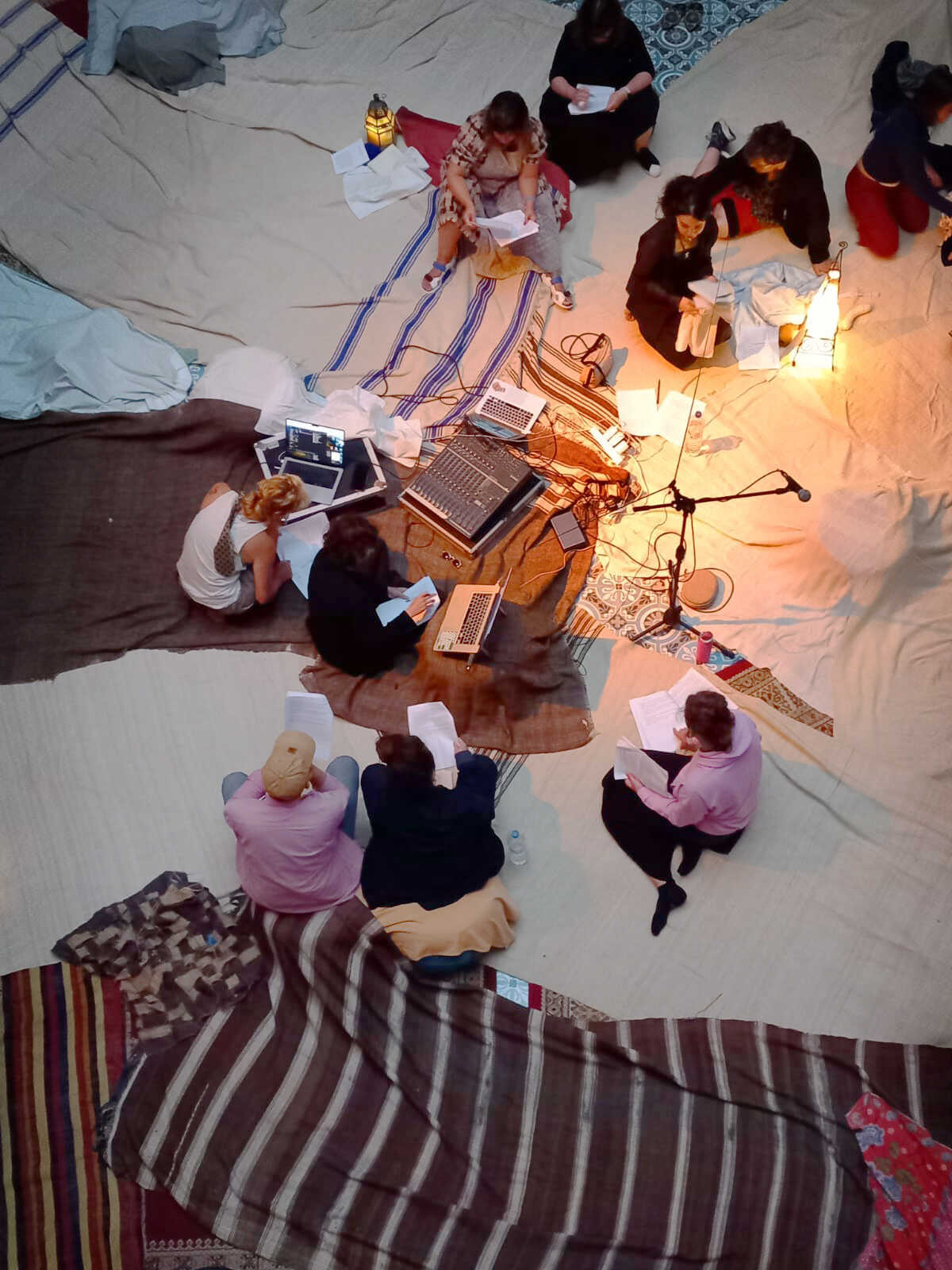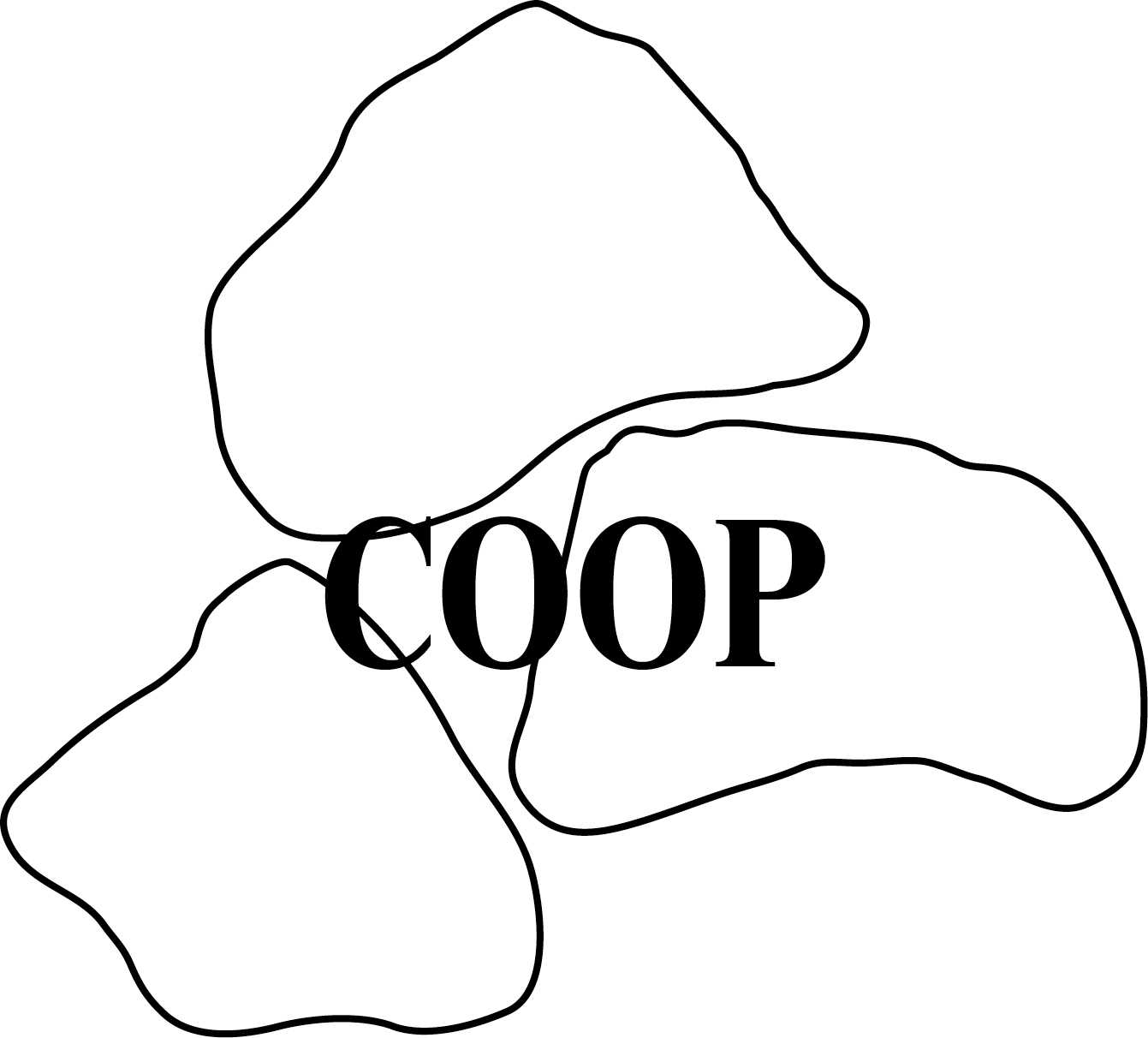2024-2025 COOP study group ~ Curating Positions: Voz de Tierra
Tutor team:
Guests:
TBA
Partner Institution:
Student participants:
Asmaa Barakat, Egle A. Benkunskytė, Henriks Zegners, Ivor Glavaš, Jamie Donald, Leo Hugendubel, Olfa Arfaoui, Tara White
Student led reflection:
Chronicles (COMING DECEMBER 2024)
Program:
Curating Positions: Voz de Tierra
Introduction
The title Voz de Tierra is taken from Marta Rodriguez and Jorge Silva’s iconic documentary Nuestra Voz de Tierra, Memoria y Futuro* from 1981 that is also one of our main references for COOP 2024-2025. This study group is set to dig into a history of political filmmaking that centers land and struggles for land reclamation; A journey through which we will closely study what representations of land as well as embeddedness in land movements have produced. From resistance through agricultural practices to landless movements, to indigenous and campesinos fights, to more historical accounts of struggles for land recuperation or anti-extractivist and anti-capitalist movements that have intensely populated our worlds since the 1960s. Often times it is the lack of land or its absence due to histories of dispossession that become the motor for the land back struggles.
Curating Positions: Voz de Tierra will attempt to look at the filmic apparatus in the way it mediates between the reclaiming bodies, the land and the legal apparatus representing the state. As well as the way the absence of land is captured on film.
From Straube Huillet’s Too Early Too Late, to Marta Rodriguez and Jorge Silva’s Nuestra Voz De Tierra Memoria y Futuro, to Michel Khleifi’s Maaloul Celebrates its Own Destruction or Fertile Memory, all these films will open the question of property in relation to the nation state formation with the juridical at its center. This study group will look at all of these questions from the perspective of the resisting camera that follows the defying body. How are counter national narratives sowed in the land? How is counter statist organizing recorded on film? How can a counter territorial approach to land be inscribed in the filmic and therefore creates a new political imagery and imaginary? All of these questions will come through the material we will be studying, and through the voices that emanate from inside the earth as the title indicates it.
In all the previously given examples the temporality of the colonial project is disrupted through the filmic form and a new temporality and relation to land that is built on usership, non-property is proposed. Land becomes a main protagonist in the film that dictates the montage rhythmically and temporally. We will attempt to listen to ways land expresses itself beyond the camera framing and to hear the interweaving of voices with the sounds of the land. From fiction staging to documentary tools the filmic methods will guide our process and production.
This study will work towards a montage of contributions around questions of land struggles from the student participants' perspectives, who will also be asked to lead sessions and contribute with their own experiences and research. We will build collective methods and structures that will allow us to produce an archive of different echoes, topographies, scenes, snippets of texts, poems that emanate from different experiences of relation with land.
* https://www.berlinale.de/en/2019/programme/201902283.html



